The number of children infected with RSV virus has increased significantly compared to the same period last year.
Among more than 50 children being treated at the Department of Infectious Diseases, the Provincial Maternity and Pediatrics Hospital, there are currently 15 children being treated for RSV. During peak times, the department receives and treats more than 30 children infected with this virus.
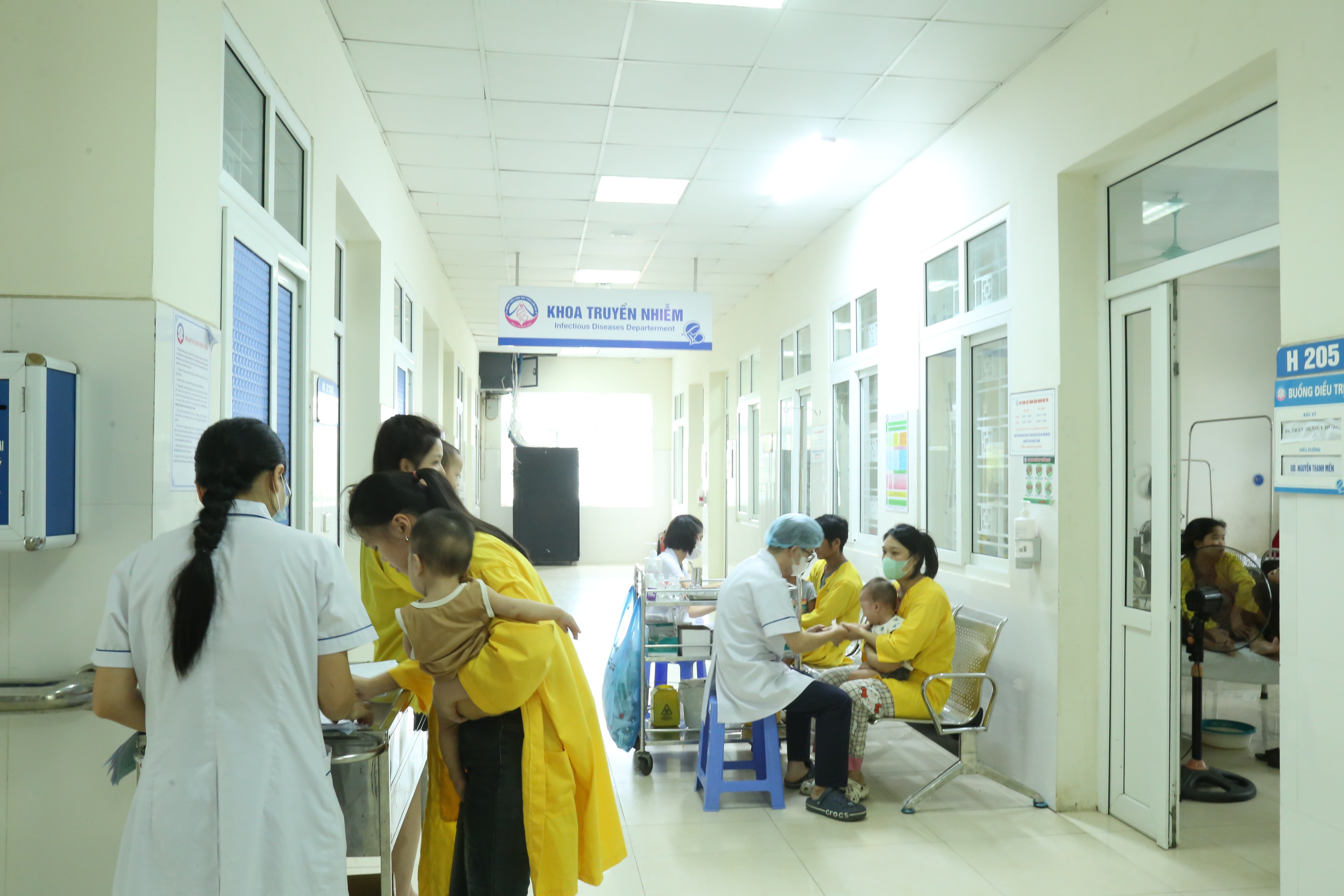
Doctor Hoang Tung, Head of the Department of Infectious Diseases, Provincial Maternity and Pediatrics Hospital, said: "In the past two weeks, RSV virus disease has increased quite strongly compared to the same period. The characteristics of RSV virus disease will mostly be infected in young children, children under 12 months old, and especially children from 0 to 6 months old often have respiratory failure, the treatment time will be the longest. Older children such as from 1 to 3 years old with RSV often have lower respiratory tract infections, respiratory failure symptoms are present, but will be less."
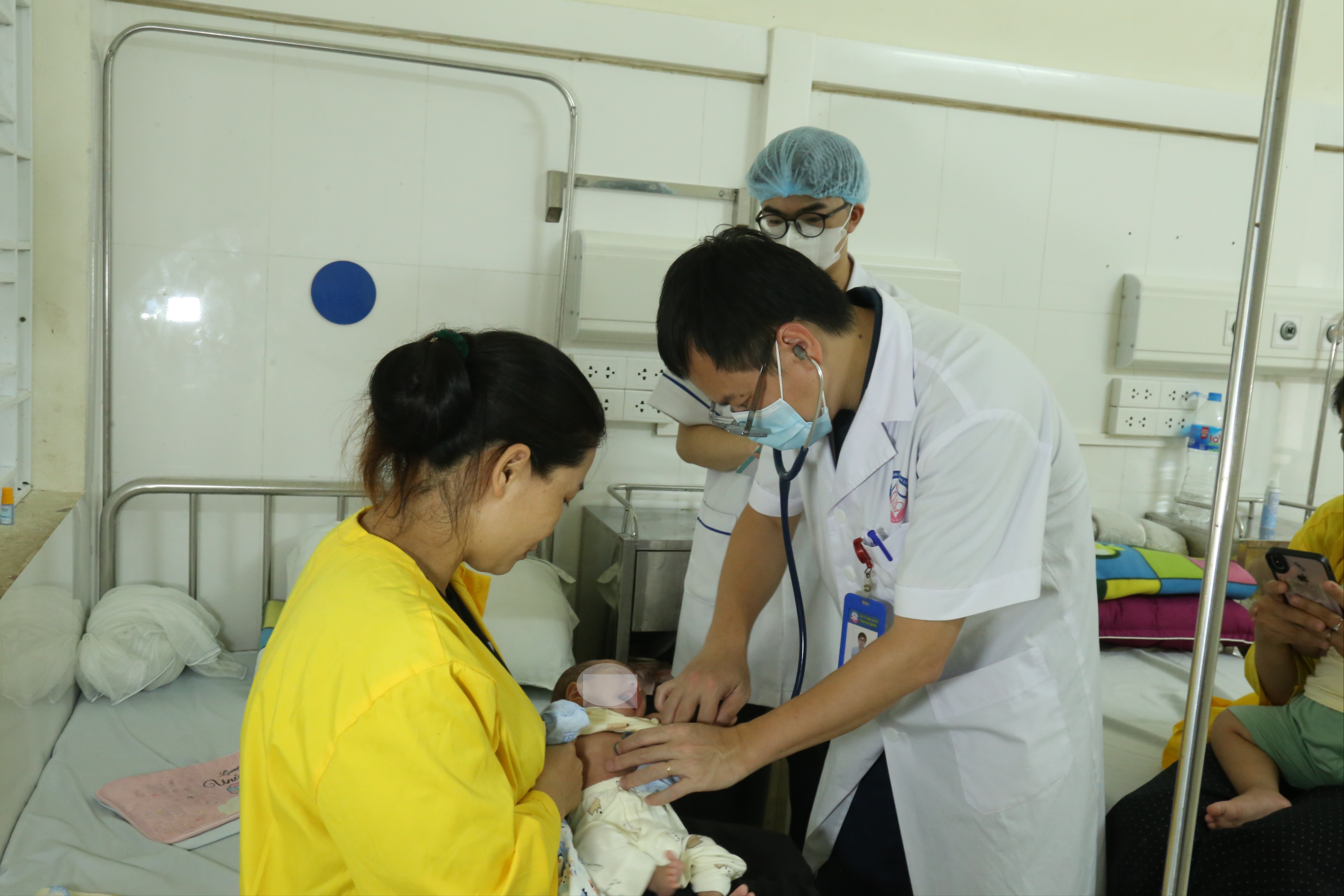
The youngest patient being treated in the Department of Infectious Diseases, Provincial Maternity and Pediatrics Hospital due to RSV infection is only 1 month old.
Ms. Phung Thi Hue, in Lao Cai ward, is the baby's mother, shared: My baby was born prematurely at 35 weeks old, weighing 1.8kg so his resistance was weak. He was too young to get this virus, he coughed a lot, had a high fever which made me extremely worried. After a few days of treatment, his symptoms have subsided.
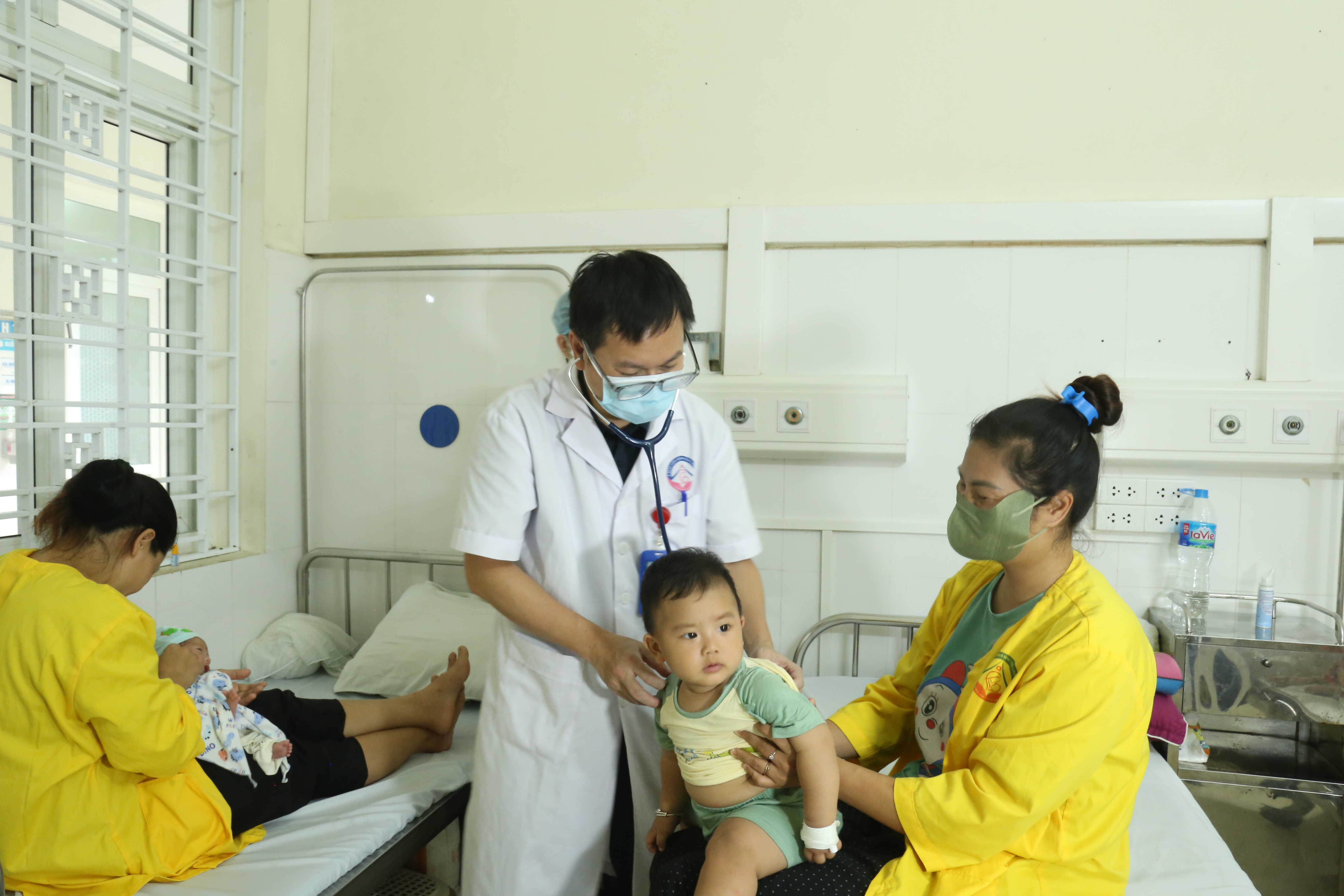
Ms. Do Thi Ha in Muong Khuong commune has a 2-year-old child who is being treated. She shared: At first, my child had a cough and a mild fever, so I thought he just had a common cold. However, when his symptoms became severe, I took him to the hospital for treatment and the doctor did a test and found out that he had RSV virus. The doctors always cared for me and guided me on how to take care of my child to improve his health.
RSV (Respiratory Syncytial Virus) is a common cause of lower respiratory infections in children under 2 years of age. Premature babies, children with underlying medical conditions (congenital heart disease, chronic lung disease), or weakened immune systems are at high risk of severe illness from RSV. The virus is spread through the respiratory tract, through nasal and throat secretions, droplets when coughing, sneezing, or contact with surfaces contaminated with the virus.
Children infected with RSV virus often have symptoms such as: difficulty breathing, wheezing and runny nose, frequent cough, high fever, mild sore throat, earache, children often cry, are not agile, tired, do not sleep well, refuse to breastfeed or breastfeed poorly, eat poorly... RSV respiratory syncytial virus infection can cause complications of bronchiolitis or pneumonia with symptoms such as: difficulty breathing, breathing faster than normal, wheezing, increasingly severe cough, vomiting...
Proactively prevent respiratory syncytial virus (RSV) infection
Faced with the increasing number of pediatric patients, the Department of Infectious Diseases, Obstetrics and Pediatrics Hospital has classified patients according to each disease (respiratory syncytial virus (RSV) infection) in separate areas and separate rooms to minimize cross-infection between pediatric patients.
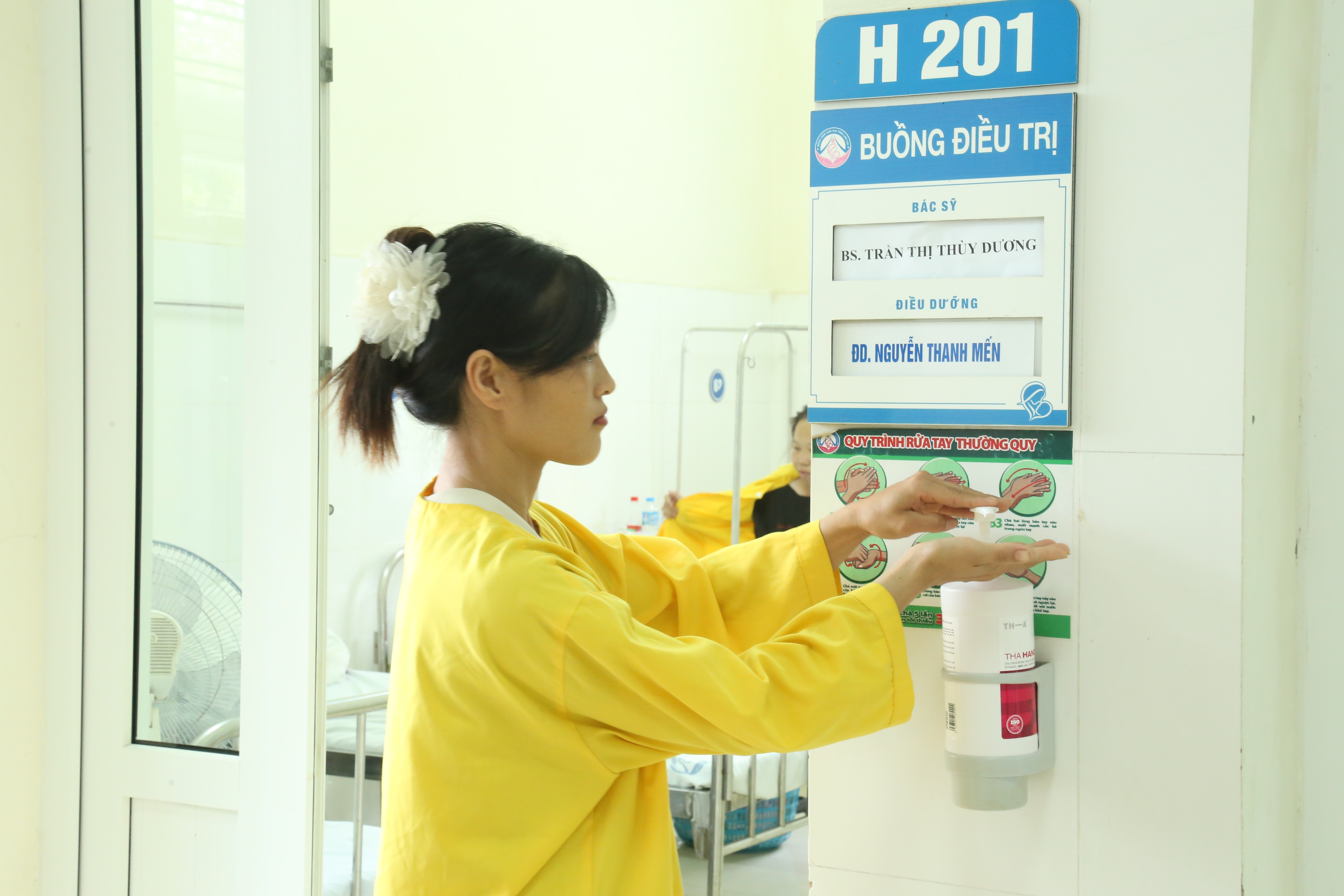
Dr. Hoang Tung, Head of the Department of Infectious Diseases, Obstetrics and Pediatrics Hospital emphasized: "Currently, there is no vaccine to prevent RSV virus infection in children. To prevent the disease, the first thing we should do is similar to other viral diseases: improve physical condition, avoid accompanying infections, and supplement vitamins and minerals to support children's immunity. In addition, there are small actions such as: clean hands, cover mouth when coughing and sneezing, limit contact with sick people, clean living space...".
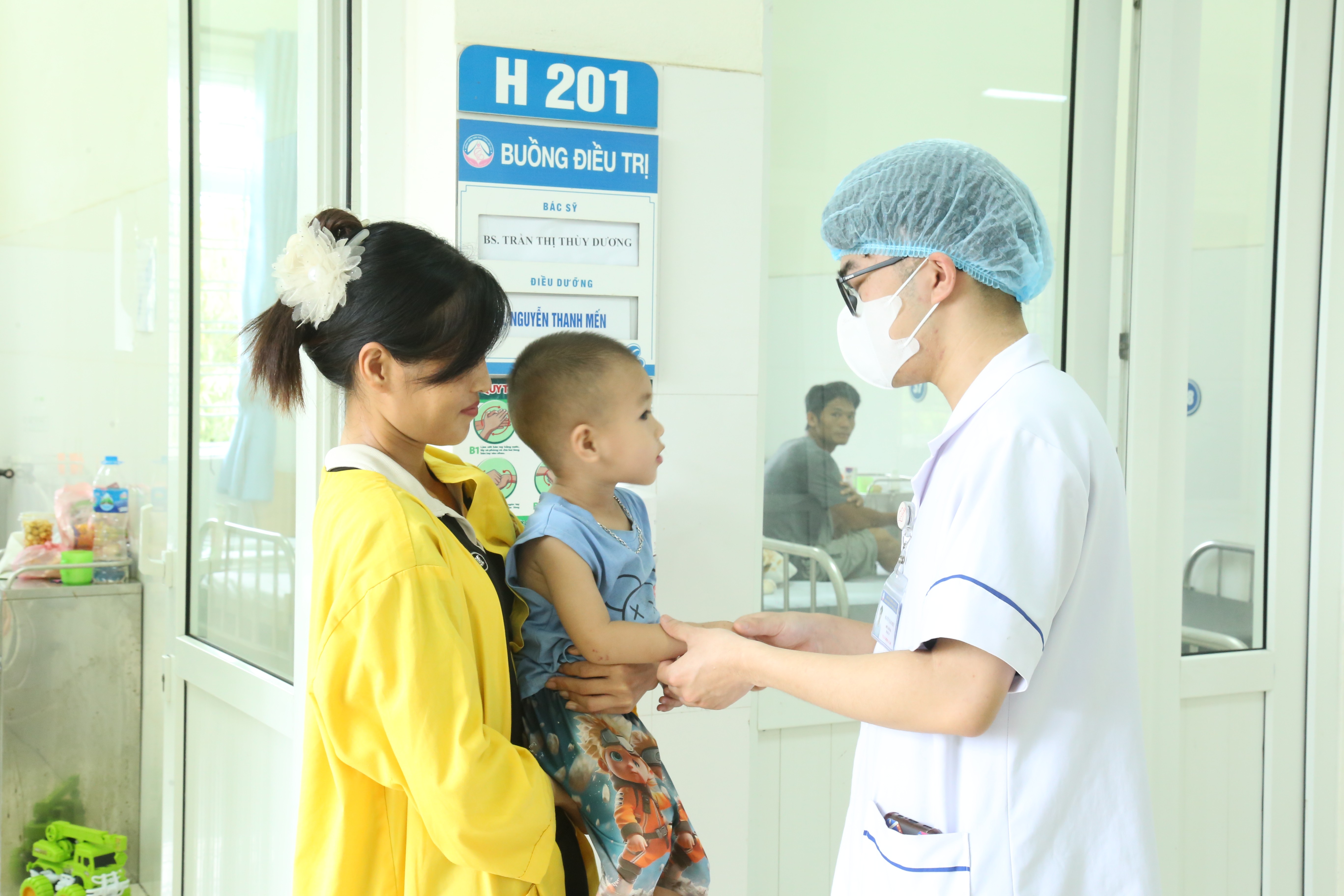
August is coming, entering the summer - autumn transition, the weather is changing and the number of respiratory syncytial virus (RSV) infections is increasing, causing respiratory diseases, especially in children will also change, especially viral diseases will develop complicatedly. The most typical are RSV virus, influenza A, B spreading strongly.
In addition, there are other diseases such as diarrhea caused by Rotavirus or diarrhea caused by gastrointestinal infections, encephalitis, and respiratory infections that will develop in the near future. Therefore, people need to proactively take preventive measures and go to medical facilities for timely treatment to avoid unwanted complications - Doctor Hoang Tung recommends.
Source: https://baolaocai.vn/chu-dong-phong-lay-nhiem-benh-do-vi-rut-hop-bao-ho-hap-rsv-post649282.html


![[Photo] Prime Minister Pham Minh Chinh receives the delegation of the Semiconductor Manufacturing International (SEMI)](https://vphoto.vietnam.vn/thumb/1200x675/vietnam/resource/IMAGE/2025/11/06/1762434628831_dsc-0219-jpg.webp)






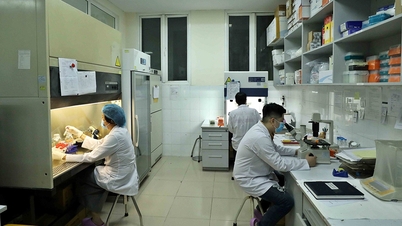

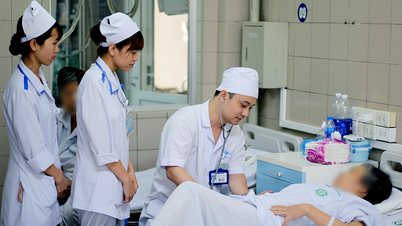





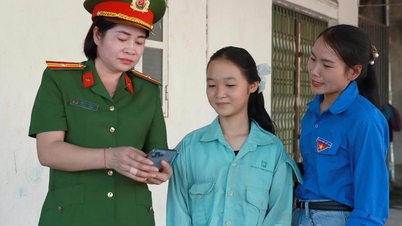





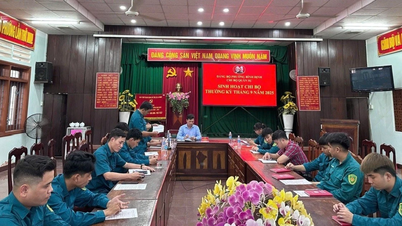


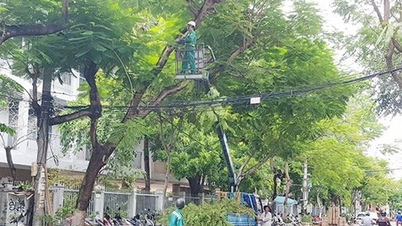









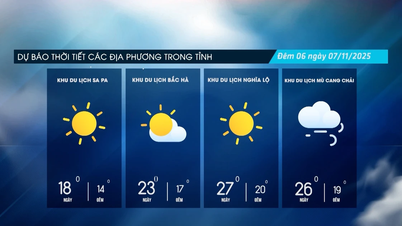























































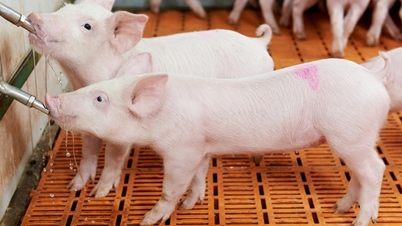















Comment (0)